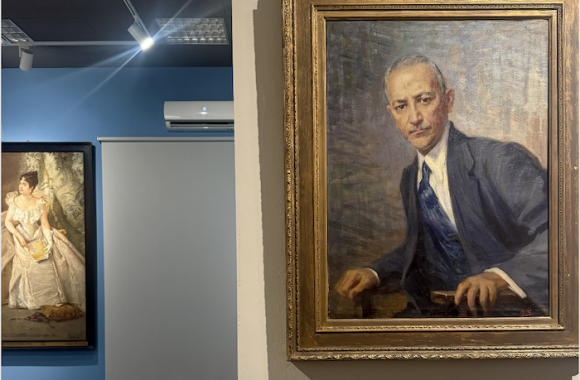We asked ourselves how these networks, apart from providing propaganda, could be used for certain specific activities like financing foreign cells, moving money and logistical organization. The intuition that was a turning point for this enquiry was to look at the connection between ISIS and Boko Haram, the Sunni jihadist movement in northern Nigeria. It was in this link that I tried to find a connection between pro-ISIS digital activists and the universe of the financial network which lies at the root of the so called “Nigerian scams”.
There are wide variations of this scam, but the principle is always more or less the same; a stranger who is having problems with a blocked million dollar bank account , whether it’s an inheritance or to export millions abroad etc. , needs the name of a third party to complete the operation in his name in exchange for a share in the proceeds. This is also known as a 419 scam as 419 is the article of the Nigerian criminal code which punishes this type of fraud.
This kind of scam has evolved over time and in the most up-to-date version could basically be described as a kind of phishing, an internet scam whereby the prowler tries to trick the victim into revealing personal information, banking data or access codes. Although the scam may seem simple on the surface, remaining anonymous and untraceable despite the huge sums of money withdrawn from traceable
electronic systems regarding online current accounts or credit cards is extremely complex.
Essentially, at the very least it requires a good number of people constantly on-line to answer emails and collect the fraudulently gathered data as it comes in. It also requires an in-depth knowledge of the security systems involved in electronic payments and the money needs to be moved quickly by making untraceable.
purchases. Above all, it needs a large number of dummy names who often have more than one fake, but “well made”, identity to receive delivery of goods for example, or to make MoneyGram or Western Union transactions where there are no police experts in false documents. A network of this kind, especially if part of a network of activists and supporters willing to carry out missions and offer logistical support, involves a large number of often untraceable people and is therefore extremely difficult to combat or even map out.
An extraordinary job of this nature was carried out by the AA419 collective (Artists Against 419) which for years dedicated themselves to monitoring, gathering and filing all the emails, Nigerian scams and email /IP addresses. Starting in 2003 their objective was basically to identify the false sites, report them to the hosting servers and get the sites closed down to avoid further fraud. Through this spontaneous and free work they were able to close down over 9,000 sites between 2003 and 2006.
This figure is significant as it underlines the huge dimensions of a network which is estimated to have produced an average of more than 100 million dollars a year. But it is also important to realize just how many human and informatics resources have been dedicated to this criminal activity and how useful the database of those who have tried to fight them can be for researchers.
The connection with the Nigerian scammers network




